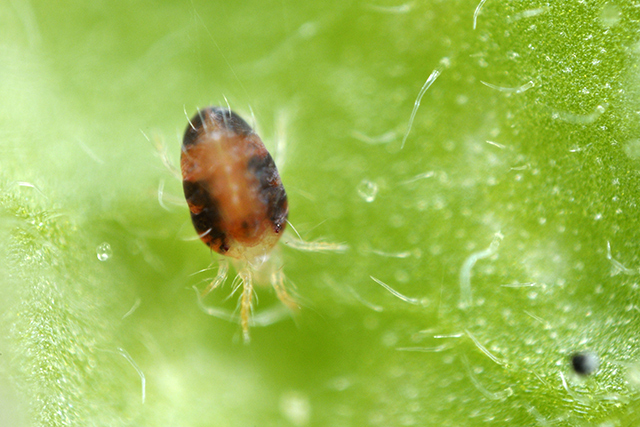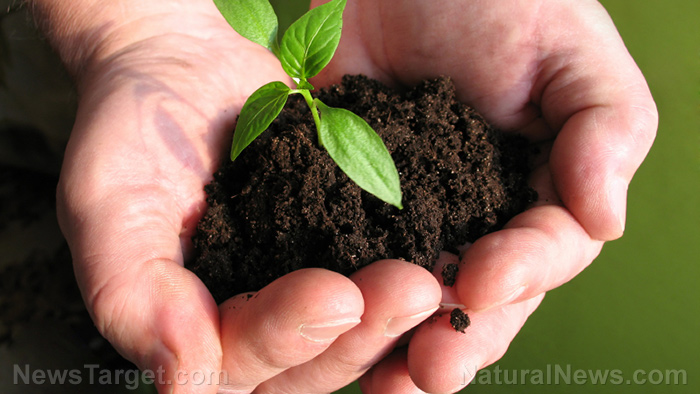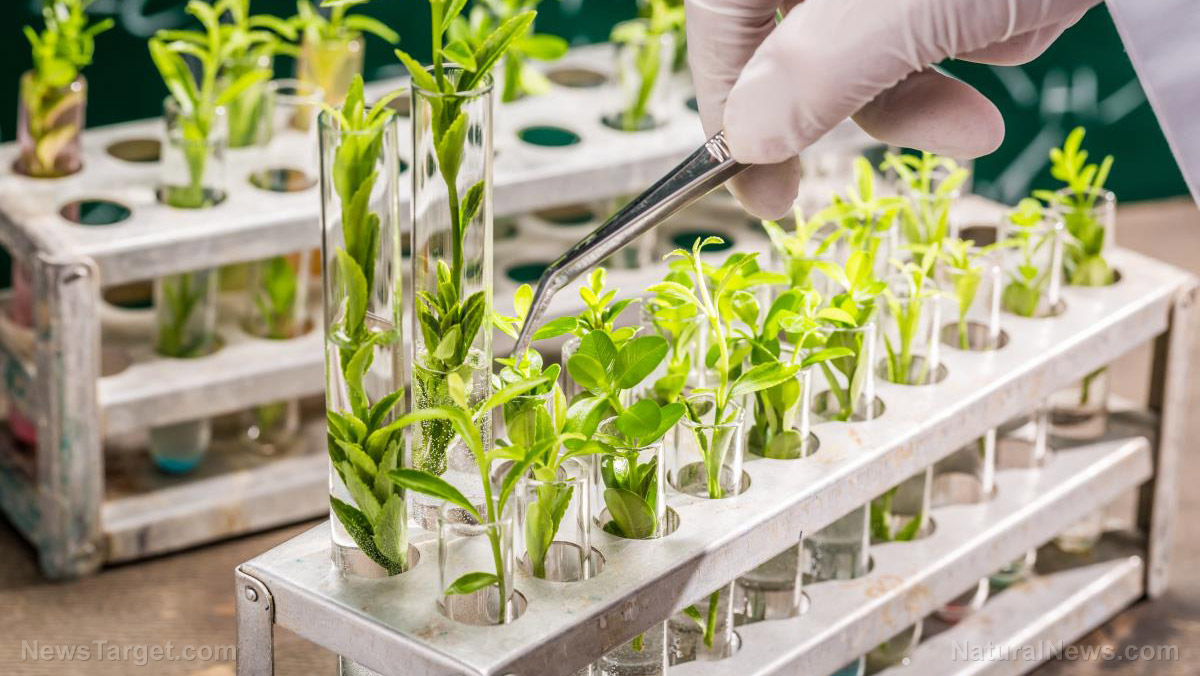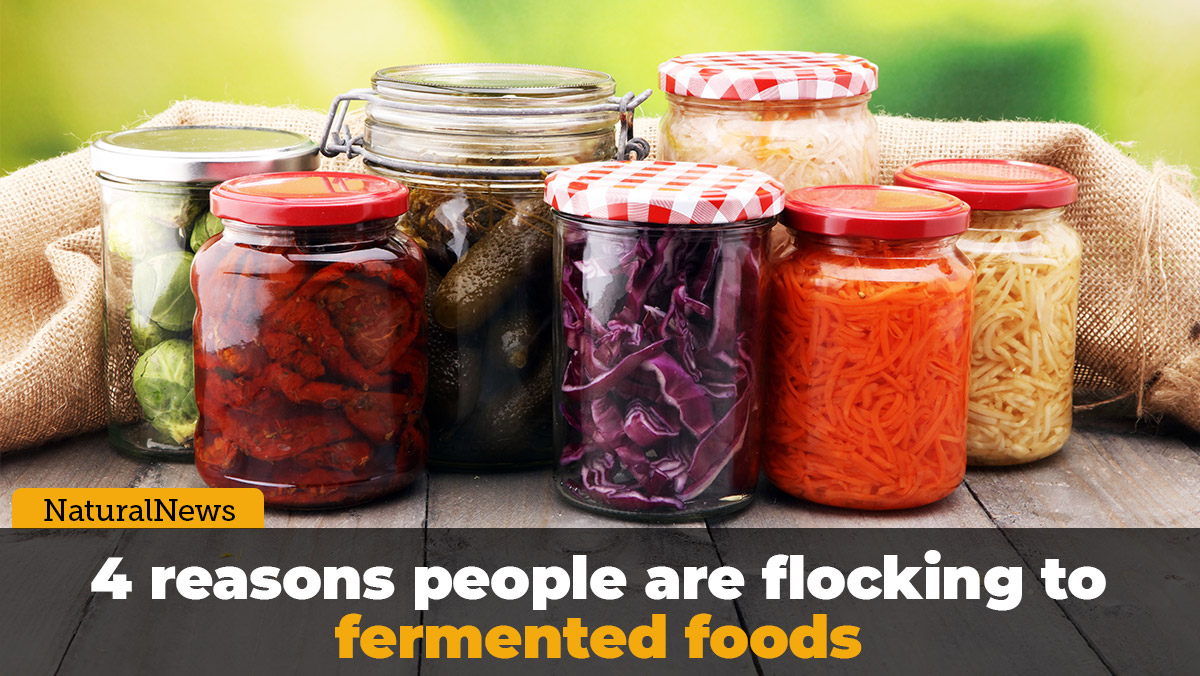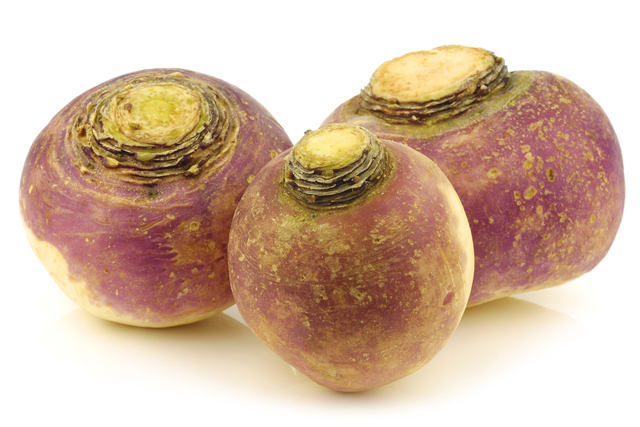Kidney Beans – sources, health benefits, nutrients, uses and constituents at NaturalPedia.com
06/21/2017 / By Frances Bloomfield
Kidney beans are a popular type of bean named for their visual resemblance to a kidney. Along with other legumes like black beans and pinto beans, kidney beans come from the common bean (Phaseolus vulgaris). Originally from Central America and Mexico, kidney beans are now enjoyed all over the world as a food crop and source of protein.
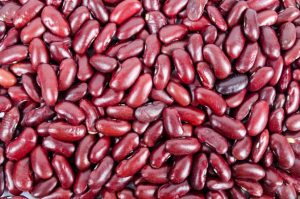
List of known nutrients
With one cup of kidney beans containing 15 g of protein, these red-colored legumes serve as an excellent source of plant-based protein. Their protein content is such that vegans and vegetarians can consume kidney beans for protein, while others can use it as an affordable substitute for meat.
Kidney beans offer a vast array of different nutrients, primarily:
- Anthocyanins
- Copper
- Fiber
- Iron
- Isoflavones
- Manganese
- Molybdenum
- Phosphorus
- Potassium
- Vitamin B1 (Thiamine)
- Vitamin B9 (Folic acid)
- Vitamin K1 (Phylloquinone)
Medicinal uses for kidney beans
Aside from protein, kidney beans are high in healthy fibers as well. These fibers regularize bowel movement and add bulk to stool. As a result, the likelihood of developing digestive disorders like constipation, irritable bowel syndrome (IBS), and diverticulosis lessens. Moreover, the fibers bind with bile and shuttle it, and the cholesterol it contains, out of the body.
Kidney beans are just as effective against other health conditions, especially:
- Acne
- Alzheimer’s Disease
- Anemia
- Asthma
- Colon cancer
- Edema
- Heart attack
- Osteoporosis
- Rheumatoid arthritis
Vitamin B9 is an important B-vitamin for pregnant women and their babies. Deficiency of vitamin B9 has been linked to neural tube defects in newborn babies, as well as the birth of underweight infants. Eating kidney beans will deliver a good supply of vitamin B9 into mothers and their children.
Kidney beans are rich in the trace mineral molybdenum. This rare mineral can boost the development of the nervous system and cell energy production; it can counter the effects of sulfites too, like headaches and disorientation.
Kidney beans can replenish iron stores, making them excellent choices for menstruating women or people suffering from anemia. One advantage kidney beans have over other iron-rich foods (e.g. red meat) is that they’re low in calories and fat.
Body systems supported by kidney beans
Kidney beans are considered a heart-healthy food thanks to their adequate amounts of magnesium and ample content of vitamin B9 or folic acid. Magnesium lessens resistance in the arteries and veins, allowing blood to flow smoothly. Vitamin B9, on the other hand, curbs homocysteine levels in the blood, thereby decreasing the chances of heart attack and stroke.
In addition to the heart, kidney beans have been linked to the health of:
- Digestive system
- Eyes
- Kidneys
- Nervous system
- Spleen
Ways to use kidney beans
Kidney beans can be purchased dried or canned. Dried kidney beans are preferable since canned kidney beans tend to have lower nutritional values. Both are perfect for a variety of dishes, however, because of the versatility of kidney beans. Add these legumes to improve chili, burritos, salads, vegetable soups, and stews. Louisiana Creole cuisine liberally uses kidney beans, specifically in red beans and rice.
Note: Kidney beans contain phytic acid and phytohaemagglutinin. Phytic acid is a natural substance found in all edible seeds that impairs mineral absorption. Phytohaemagglutinin is a toxic protein found in raw kidney beans. Both substances are harmful in varying degrees, but can be removed from kidney beans with simple steps. Soaking and sprouting kidney beans removes phytic acid, while properly cooking them eliminates phytohaemagglutinin.
Where to learn more
- 18 Effective Home Remedies For Kidney Pain And Infection
- Kidney Health: 16 Home Remedy And Natural Cures For Kidney Pain and Infection
- Top 10 antioxidant-rich foods you need to add to your diet
- Top 14 Natural Home Remedies for Kidney Stones
- We kidney not: Kidney beans are good for you
Summary
Kidney beans are a great source of important B-vitamins.
Pregnant women are encouraged to eat kidney beans.
Kidney beans promote a healthy nervous system.
They can also treat headaches and disorientation.
These are excellent alternative options for menstruating women or anemic people as kidney beans replenish iron in the body.
Sources include:
AuthorityNutrition.com
WHFoods.com
StyleCraze.com
AllRecipes.com
DoveMed.com
Tagged Under: kidney beans






